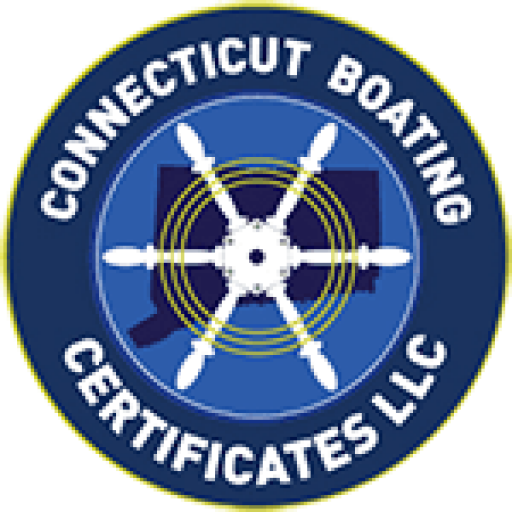Call: 1-800-832-7191
NOAA’s SWFO-L1 observatory
Understanding NOAA’s SWFO-L1 Observatory Mission Space weather affects satellites, power grids, and communication systems. NOAA’s SWFO-L1 observatory monitors solar activity to protect these vital assets. Positioned at Lagrange Point 1, it offers uninterrupted views of the Sun’s behavior. This observatory collects real-time data on solar wind and magnetic fields. These measurements help forecast solar storms before they reach Earth. Early …
